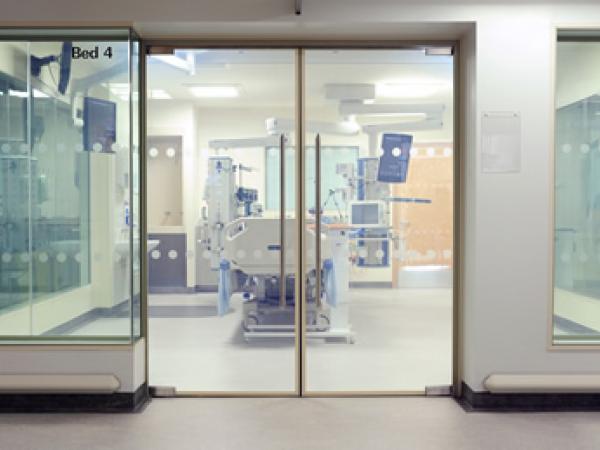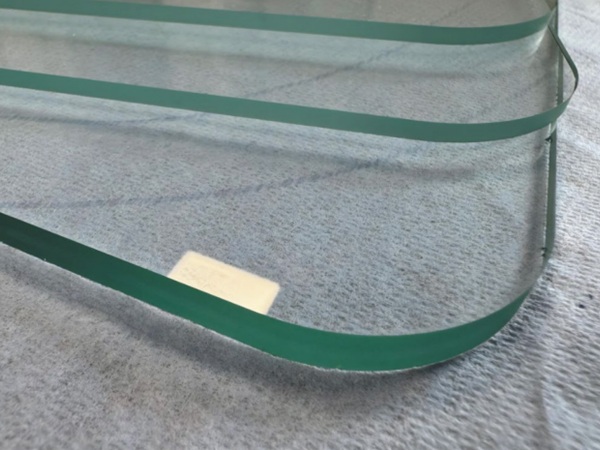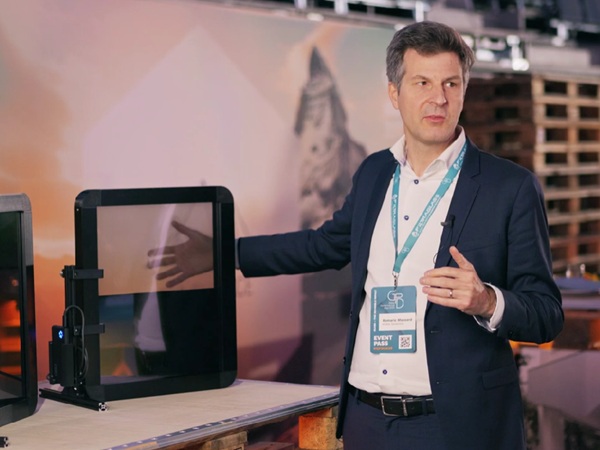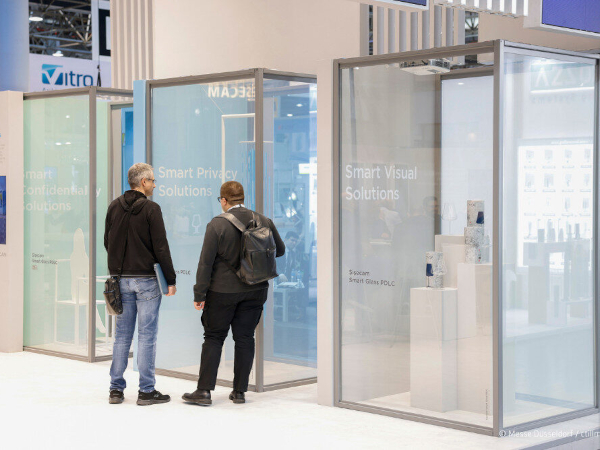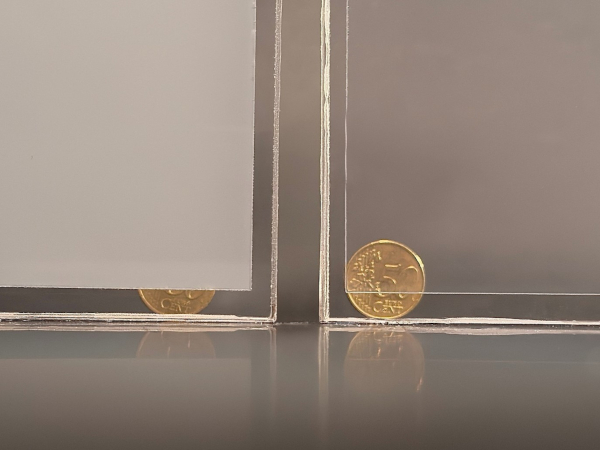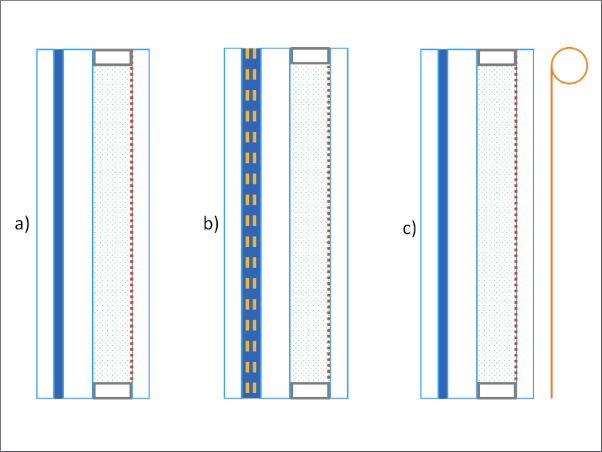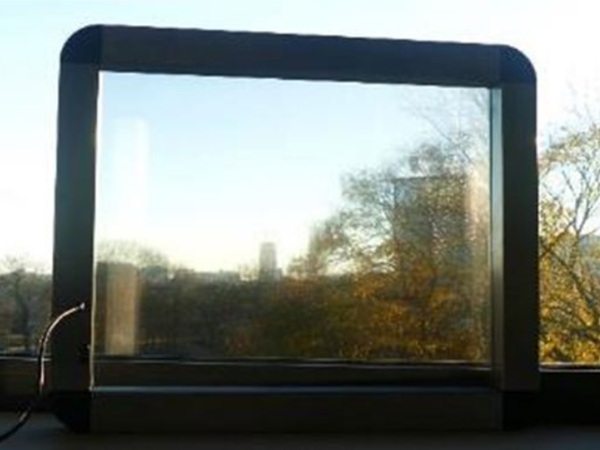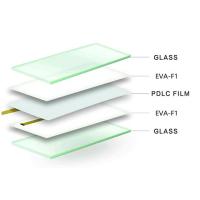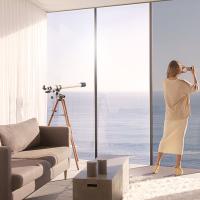Client: Royal Sunderland Hospital, NHS Trust
Architect: HDP Architects
Contractor: Lumsden & Carol Contractors
Project: High Dependency ICCU
Date: Project completed March 2011
The unit is part of a new £28m ward block at the hospital and is seen as a model of excellence within the NHS as it includes hi-tech technology, incorporating the most advanced electronic patient monitoring systems available.

The Integrated Critical Care Unit (ICCU) includes high dependency single bed units, isolation single bed units and general post-operation single bed units.


Project Brief
Extension of the Sunderland Royal Hospital to increase patient capacity from 970 to 1108. A 138 bed ward extension to provide much needed supplementary care facilities for the hospital. A new high dependency Integrated Critical Care Unit (ICCU) to separate theatre staff and nursing staff to eradicate the chances of contamination spreading between the two sections.
LC SmartGlass
LC SmartGlass toughened panels were used to create a state of the art partitioning system along the corridors of the ICCU. The double doors entering each ward are fitted with LC SmartGlass toughened door panels allowing for patient privacy and dignity at the flick of a switch, while also permitting care staff to effectively monitor patient activity.
Through continued studies it has been proven that sheer, easily cleaned surfaces are essential in hospitals in order to reduce the risks associated with the spread of super bugs such as Clostridium difficile (CDIFF), Methicillin-resistant Staphylococcus aureus (MRSA) and Vancomycin-resistant Enterococcus (VRE).
A recent American study by the Cleveland Veterans Affairs Medical Centre in Ohio found that curtains which hang between patient beds in hospitals can become contaminated with drug-resistant bacteria and may be playing a role in the spread of these germs in hospitals.


The study showed that CDIFF, MRSA and VRE can be found on hospital privacy curtains. More worrying, researchers found that these bugs transfer onto the hands of people who handle the contaminated curtains, suggesting that health care workers who operate these may be spreading bugs. The study found that 43 percent of privacy curtains were contaminated with VRE, 22 percent of them harboured MRSA and four percent tested positive for CDIFF.
LC SmartGlass provides the ideal surface to combat these deadly infections and eliminates the need for traditional blind systems which are difficult to clean and high risk in terms of harbouring dirt and bugs.
Principle
When the electrical supply is switched on, the liquid crystal molecules align and the LC SmartGlass panel instantly clears. When the power is switched off the liquid crystal molecules are randomly oriented scattering light and the LC SmartGlass becomes opaque (private).
LC SmartGlass can be tailored to suit varying healthcare applications with requirements such as fire rated, x-ray proof and impact resistant glass.


“This is one of the most carefully designed intensive care units in the country”. It gives patients and their families the reassurance that they are receiving the best possible treatment in the most modern of settings, with the latest equipment and the most highly trained staff”.
“Our first objective is the patient. The new unit has been developed to ensure that they have the benefit of the very best ICCU service that is available anywhere in the NHS”.
Dave Mc Nicholas, ICCU manager
“This is one of the best ICCUs in the world, the state of the art equipment and staff are truly excellent. Any patient treated here will be guaranteed first-rate treatment that is leading the way in critical care.”
Graham Howard, City Hospitals Sunderland NHS Foundation Trust
For more information on SmartGlass Medical visit www.smartglassmedical.com.
All photographs are courtesy of HDP Architects

